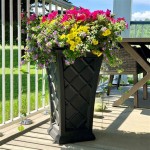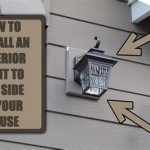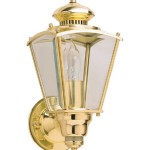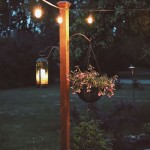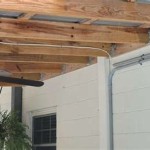Outdoor Plants That Need Little Light: A Guide to Low-Light Landscapes
Introducing the world of resilient greenery that thrives in low-light conditions, offering a verdant touch to shaded corners and dimly lit spaces. These botanical wonders are the perfect solution for those seeking to brighten up their outdoor areas without the need for ample sunlight.
When searching for these low-light-loving plants, consider their natural habitats. Many thrive in the undergrowth of dense forests, where sunlight is scarce. They have adapted to photosynthesize efficiently with minimal light, making them ideal for shaded patios, courtyards, and areas with limited sun exposure.
Types of Low-Light Outdoor Plants
The diverse world of low-light outdoor plants encompasses a wide range of species, each with unique foliage, textures, and colors. Let's explore some popular options:
- Hostas: Known for their striking foliage, hostas come in a variety of colors and patterns, adding color and texture to shady areas.
- Ferns: Graceful fronds in a range of shapes and sizes, ferns create a delicate and ethereal ambiance.
- Astilbes: Boasting feathery plumes of flowers, astilbes add a touch of elegance to dim spots.
- Begonias: Vibrant foliage and delicate flowers make begonias a cheerful addition to shaded areas.
- Caladiums: Showstopping leaves in vibrant hues of pink, white, and green brighten up shady corners.
- Impatiens: Impatiens offer a non-stop bloom of colorful flowers, tolerating both sun and shade.
- Liriope: Grass-like foliage with spikes of blue or white flowers, liriope brings a structured look to shaded areas.
Benefits of Low-Light Outdoor Plants
Incorporating low-light outdoor plants into your landscaping offers several key benefits:
- Extend the beauty of your outdoor space: Brighten up shady areas and create a cozy ambiance.
- Reduce maintenance: These plants require less sunlight, reducing the need for frequent watering and fertilizing.
- Ecological balance: Low-light-loving plants attract beneficial insects and provide shelter for wildlife.
- Add year-round interest: Some low-light plants retain their foliage throughout the year, providing evergreen beauty.
Tips for Growing Low-Light Outdoor Plants
To ensure the success of your low-light outdoor plants, follow these guidelines:
- Choose suitable varieties: Select plants that are known to thrive in low-light conditions.
- Provide ample drainage: Avoid waterlogged soil that can lead to root rot.
- Water regularly, especially during dry spells: While these plants require less sunlight, they still need sufficient water.
- Fertilize sparingly: Over-fertilizing can harm low-light-loving plants.
- Protect from frost: Some low-light plants are not cold-hardy and may need protection in winter.
With their adaptability and aesthetic appeal, low-light outdoor plants open up new possibilities for verdant landscapes. Whether you have a shady patio, a dimly lit courtyard, or a corner craving color, these botanical wonders will bring a touch of green and vibrancy to your outdoor spaces.

25 Shade Loving Plants To Brighten The Dark Side Of Your Yard Bob Vila

Low Light Plants You Can Grow Anywhere The Whoot House Indoor

Low Light Outdoor Plants Outdoorlighting Com

25 Shade Loving Plants To Brighten The Dark Side Of Your Yard Bob Vila

12 Best Low Light Plants Indoor And Outdoor Houseplants

10 Fantastic Low Maintenance Plants For Shade Plant Addicts

Low Light House Plants Indoor

24 Air Purifying Plants That Thrive Without Sunlight Gardening

25 Shade Loving Plants To Brighten The Dark Side Of Your Yard Bob Vila

12 Best Low Light Plants Indoor And Outdoor Houseplants
Related Posts


